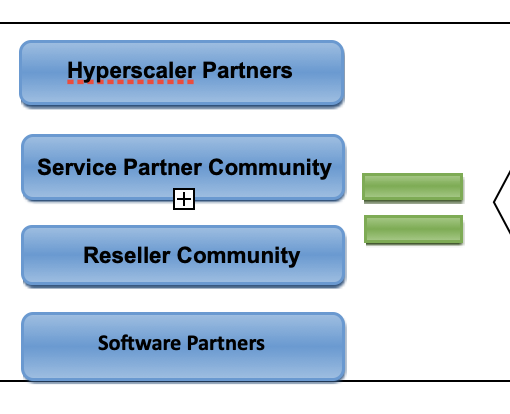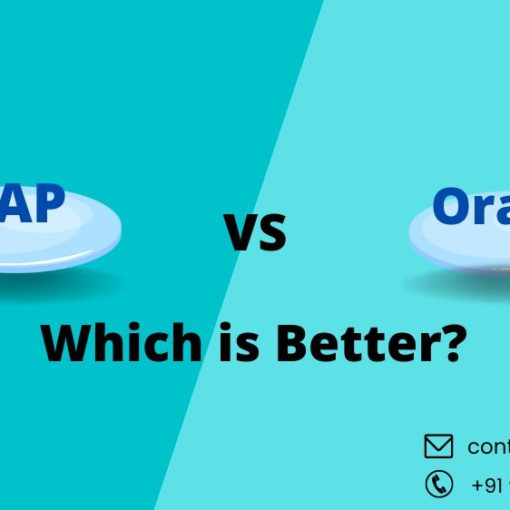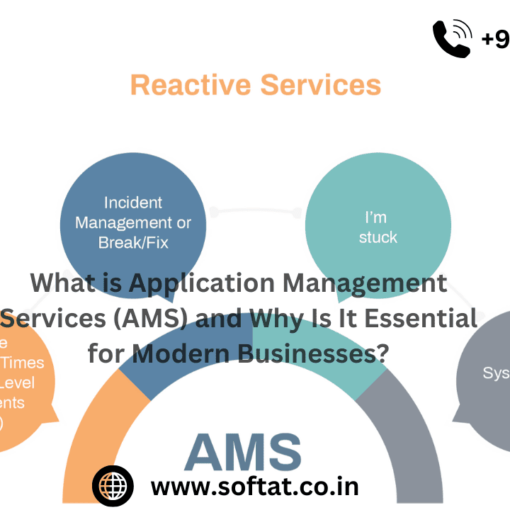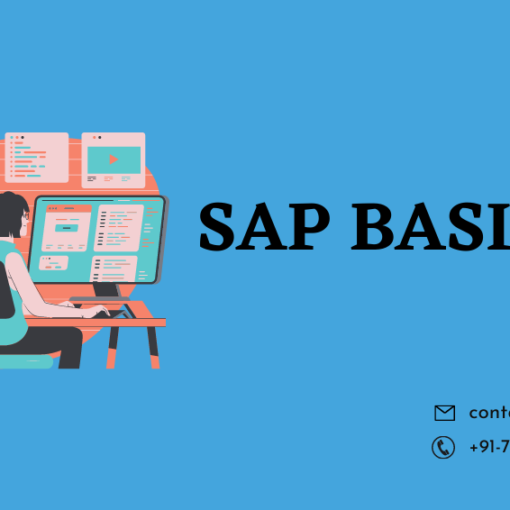Introduction to SAP vs. Oracle
In today’s fast-paced business world, organizations rely heavily on enterprise resource planning (ERP) systems to streamline operations, manage data, and make informed decisions. Two of the most prominent players in the ERP consulting space are SAP and Oracle. Choosing the right consulting path in this dynamic field can be a pivotal decision for your career. In this blog, we’ll explore the key differences between SAP and Oracle consulting to help you make an informed choice.
Understanding SAP and Oracle
Before diving into the comparison, let’s briefly understand what SAP and Oracle offer:
- SAP:
- Short for Systems, Applications, and Products in Data Processing, is a German multinational corporation.
- It’s renowned for its ERP software, which covers various business functions, including finance, HR, procurement, and more.
- It also offers a wide range of software solutions, such as SAP S/4HANA for digital transformation and Business Intelligence for data analytics.
- Oracle:
- Oracle Corporation is an American multinational company specializing in database management systems and cloud services.
- Oracle provides a comprehensive suite of business applications, including Oracle E-Business Suite and Oracle Fusion Cloud, covering various aspects of business operations.
- The company is known for its database technology and cloud infrastructure services.
Now, let’s compare the two in terms of consulting opportunities:
1. Market Demand
SAP: It has a significant global presence, with a massive customer base across industries. As a result, there’s a consistent demand for consultants. Companies often seek experts to implement and maintain their systems.
Oracle: It is also a formidable player in the ERP consulting arena. Its widespread adoption means that there’s a constant need for skilled Oracle consultants, especially for cloud migrations and database management.
2. Skill Set
SAP: To become an consultant, you typically need expertise in SAP software modules, configuration, and integration. Knowledge of SAP’s latest offering, SAP S/4HANA, is becoming increasingly essential.
Oracle: It consultants should have a deep understanding of Oracle applications, database management, and cloud services. Keeping up with Oracle’s evolving cloud technologies is crucial.
3. Certification
SAP: It offers certification programs for its consultants, which can enhance their credibility and marketability. Popular certifications include SAP Certified Application Associate and SAP Certified Technology Associate.
It also provides certification paths for its consultants, covering various products and roles. Earning Oracle certifications can validate your expertise in specific areas.
4. Industry Focus
It is often favored by industries such as manufacturing, retail, and healthcare, making it an excellent choice if you have a particular industry in mind.
Oracle’s solutions are used across diverse sectors, including finance, telecommunications, and government. This broad applicability can open doors to a wide range of consulting opportunities.
5. Technological Advancements
It has been actively pushing for digital transformation with SAP S/4HANA, offering consultants opportunities to work on cutting-edge projects.
Oracle’s focus on cloud services and autonomous database technology ensures a steady stream of projects in emerging tech fields.
6. Global Reach
SAP’s global presence means you can find opportunities worldwide, making it a great choice if you’re open to international consulting.
It also operates globally, offering consulting roles in various regions.
Conclusion
Choosing between SAP and Oracle consulting paths depends on your interests, career goals, and the specific opportunities available in your region. Both offer promising career prospects, but the decision ultimately rests on your passion and the direction you want your career to take.
Consider factors like market demand, skill set, certification, industry focus, technological advancements, and global reach when making your choice. Whichever path you choose, continuous learning and staying up-to-date with the latest trends in ERP and database technologies will be essential for a successful and fulfilling consulting career.





